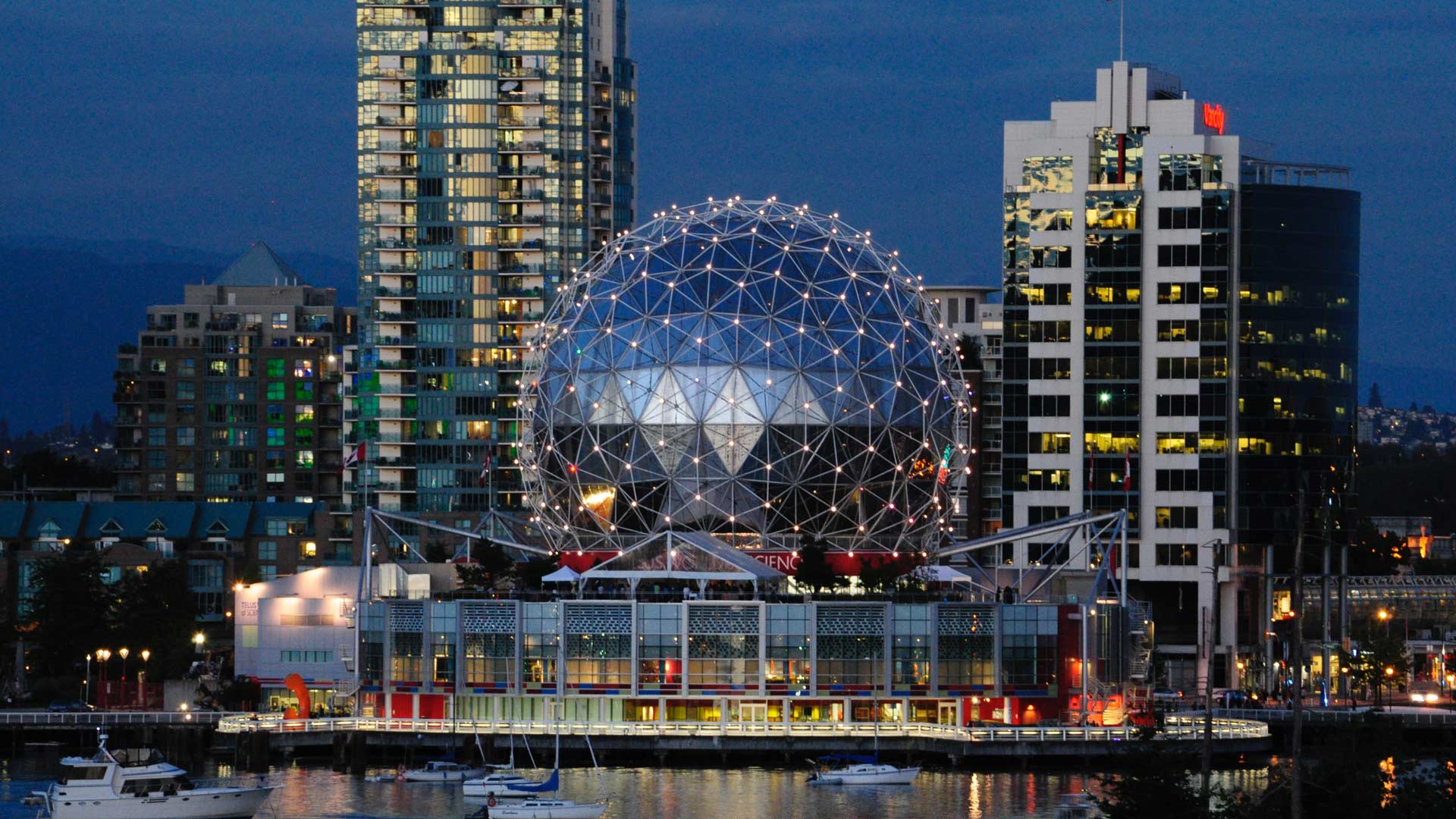For many people who start a business, it can begin in a home office, a garage, or a general living space in the beginning. For most businesses starting out, there isn’t a need for commercial property. Soon, many businesses will outgrow the original location, and it’s time to start considering utilizing a commercial real estate property.
Commercial real estate is a property exclusively used for businesses to manage their business and produce an income. It can be a simple office space, storefront, warehouse, or more, as long as it is used for income-generating activities.
When it’s time to scale up your business, you have to start making critical decisions to grow your business and increase your revenue effectively. There are pros and cons to both leasing or buying a commercial real estate property in Vancouver, and you have to be able to weigh your options before you settle on a decision. Here is some essential information on both options to help you choose.
Before deciding whether you should lease or buy, it’s essential to understand the differences. When you purchase a commercial property, as a business owner, you own the property and do not have to answer to a landlord or follow strict rules or guidelines. You can freely make changes to the structure or design of the space to customize it to your needs. After you pay off the loan, you own it outright.
When you lease a property, you enter into an agreement or contract with the owner or landlord, and you rent the space for an agreed amount of time. You will pay the owner to use the property for your business, either short-term or long-term.

There are many advantages to buying a commercial property, and while you might think it’s similar to buying a home, investing in commercial real estate has some key differences. Here are some of the pros and cons of buying commercial real estate.
The Advantages of Buying Commercial Property
The Disadvantages of Buying Commercial Property

Leasing a property is similar to renting a home or apartment on a larger scale. Here are the pros and cons to consider when deciding if leasing the property is right for you.
The Advantages of Leasing Commercial Property
The Disadvantage of Leasing Commercial Property
Choosing between leasing or buying in Vancouver, BC, boils down to the needs of your business and your financial state. It makes more sense to purchase a property if you have the cash to put down and have an attractive interest rate offer. It also may be beneficial to rent part of the space to offset some of the costs. Overall, buying is a great option when you want more flexibility and as an investment to build equity.
Leasing could be the better option if you do not have a large sum of money to put down upfront. It could be beneficial if you want the flexibility to move out of the space if you intend to scale your business or you don’t want the burden of keeping up on maintenance.